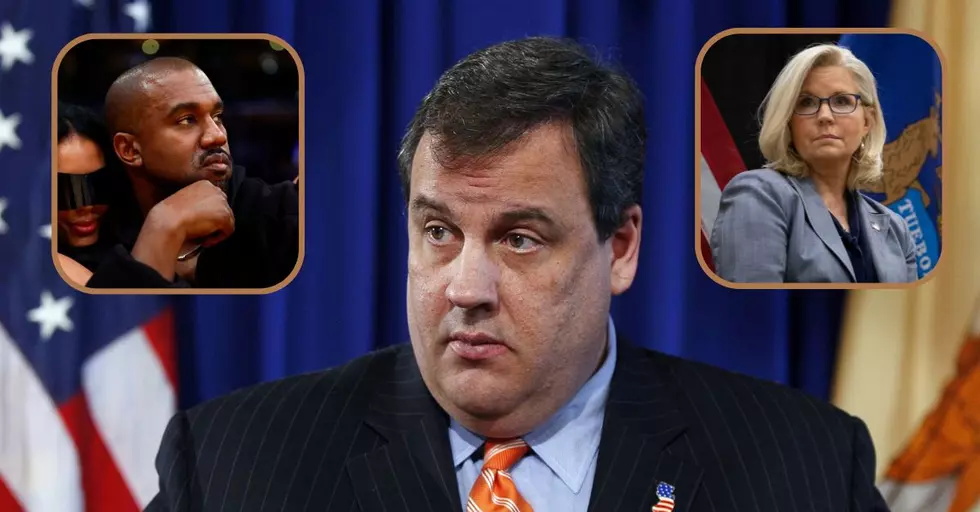![Shared Services Bill Remains Stalled in NJ Assembly [AUDIO]](http://townsquare.media/site/394/files/2012/01/dems.png?w=980&q=75)
Shared Services Bill Remains Stalled in NJ Assembly [AUDIO]
A bill that would penalize towns that refuse to share services passed the full State Senate in late November of 2012, but it's been gathering dust in the Assembly ever since. Sen. President Steve Sweeney sponsors the measure.
While making a guest appearance with host Eric Scott on Townsquare Media's NJ 101.5 FM this week Sweeney made it clear that the Assembly's inaction is beyond frustrating.
"It's (the bill) in the Assembly somewhere and (I've) been doing everything but begging to get it passed," says Sweeney. "I've been asking over and over again why it can't be done. This is common sense stuff. I don't get any answers…..What I hear is, 'We're working on it.' Well, it's taking way too long."
The bill would require New Jersey's Local Unit Alignment, Reorganization, and Consolidation Commission (LUARCC) to study municipal governments to determine where taxpayer dollars could be saved through sharing of services.
If the study shows that a savings can be realized through sharing that service in one or more local governments or departments, the question of whether to do so or not would be put to a public referendum in all municipalities involved, assuming those municipalities do not enter into a shared services agreement on their own.
"If governments don't wish to run their towns more cost-effectively, there is no reason the taxpayers of New Jersey should have to foot their bill," said Sweeney on the day the measure passed the full Upper House.
"It is time we start providing the necessary incentives to get us moving on shared services. Towns can share services with each other while not losing their individual identity or the uniqueness of their communities. The bottom line is that the taxpayers of this state need a break and shared services is one way to give it to them."
If the towns involved fail to either enter into a shared services agreement or pass the proposal by public referendum, they would be subject to losing state aid in the amount equal to what they would have saved had they shared the service. If one town approves it but another denies it, only the town that denied it would lose aid.
More From 92.7 WOBM










